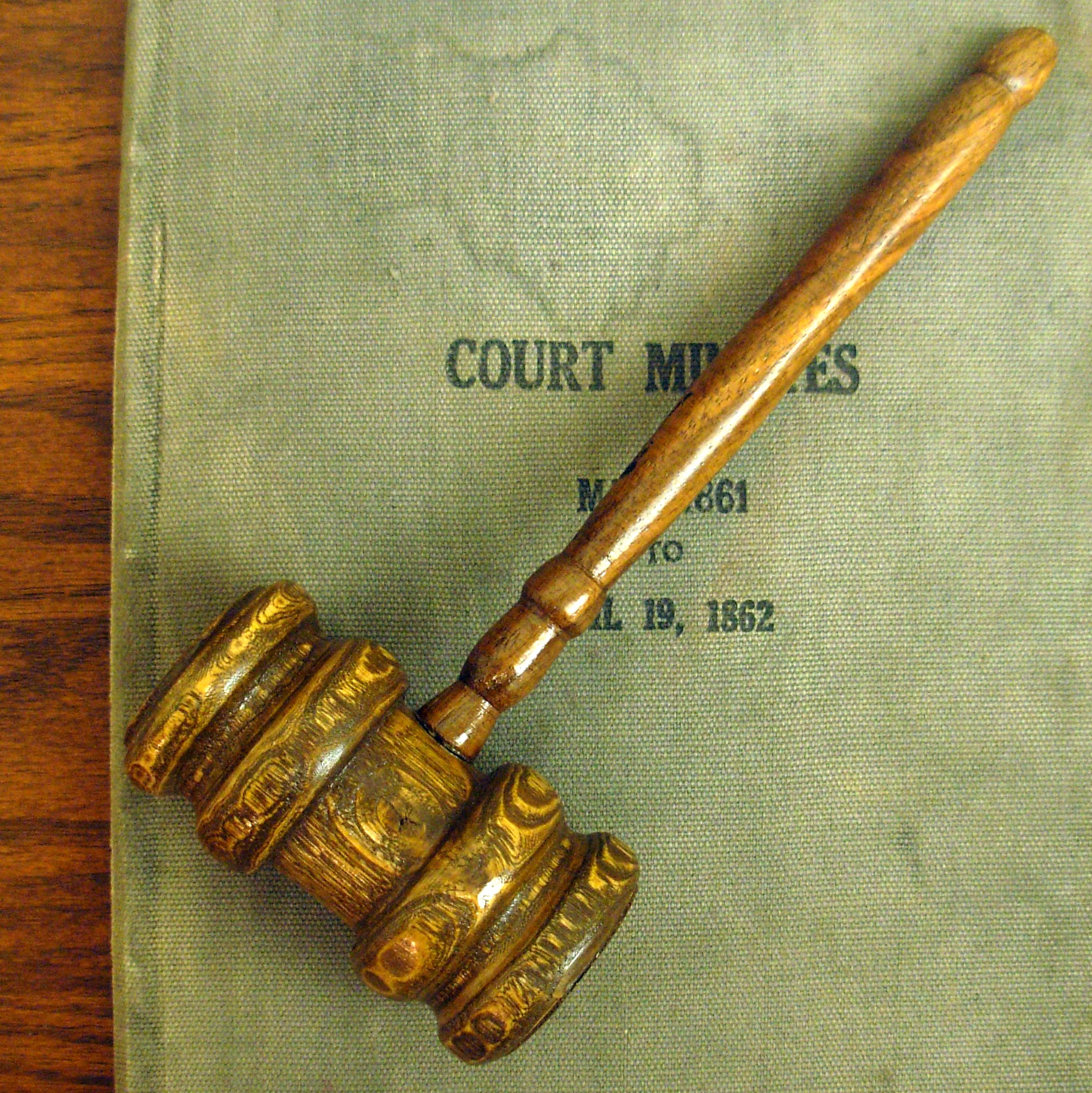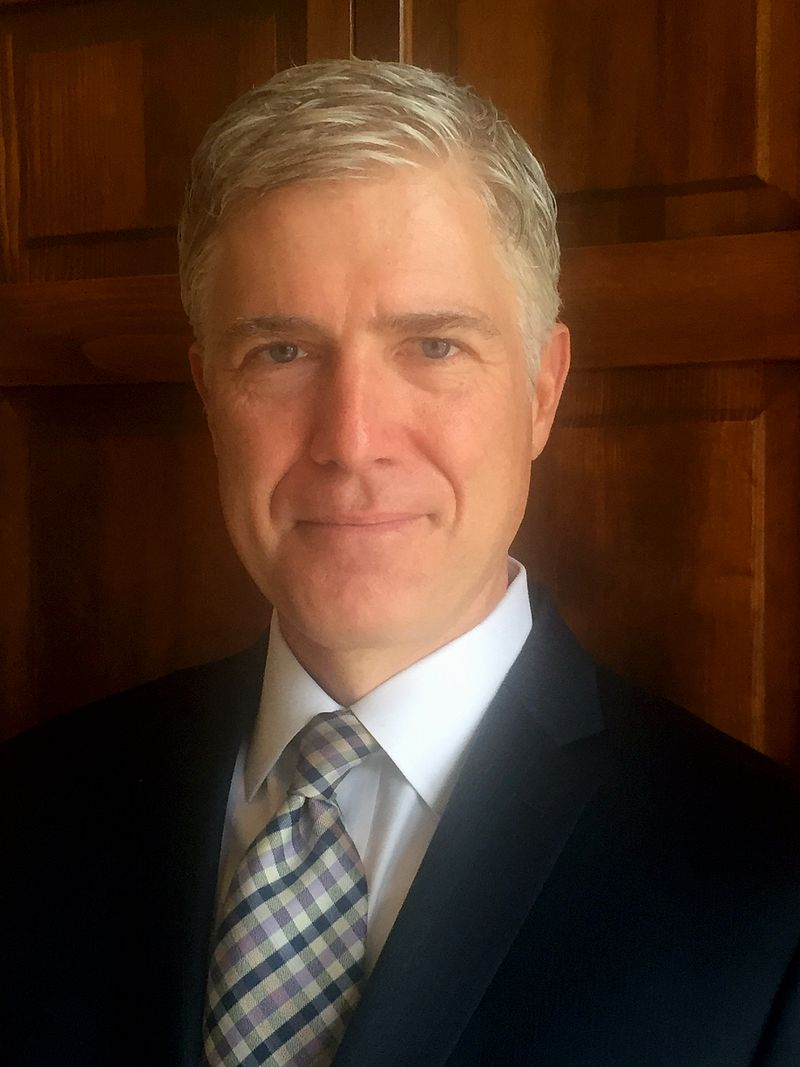A lawsuit has been filed in federal court challenging Pennsylvania’s statute that strips anyone committed under Section 302 of Pennsylvania’s Mental Health Procedures Act (MHPA) from possessing a firearm.
In this media environment, where insisting on due process to strip fundamental rights gets spun as, “You want crazy people have guns!,” it’s prudent to cover a bit of background.
Pennsylvania’s Mental Health Procedures Act has three types of commitments. The first is the typical involuntary commitment, under Section 303 and 304 of the MHPA. There is some due process involved to commit someone under Section 303 and more under 304. For 303, for instance, the medical professionals have to petition the Court of Common Pleas and make their case before a judge. There is a right to representation by counsel. Section 303 and 304 commitments are not challenged in this case.
But Pennsylvania also has an observational commitment as well, under Section 302. In the vernacular, you will hear this referred to as a “302 Commitment.” For Section 302 commitments there is no due process involved whatsoever. All you need to earn a 302 commitment is a ride from your girlfriend, wife, mom, or friendly local police officer to a the hospital, and for a physician to sign off. Often times people are not even aware they’ve been committed.
The parties here are both John Does. Both, other than their 302 history, are eligible to possess firearms under federal and state law.
John Doe I was bullied at school, lost his girlfriend, got depressed, and was taken to the hospital at 16 by his concerned mother, held for a few hours and quickly released. He did not know he was a prohibited person until later as an adult he tried to purchase a firearm and was denied. The hospital had held him under Section 302.
John Doe II was taken to the hospital by a friend because he was intoxicated and belligerent. He was kept under Section 302 involuntarily until he sobered up and was released. He has since gone through alcohol rehabilitation and now lives a clean life. John Doe IIÂ was also not aware he had actually been held under Section 302Â until he tried to purchase a firearm.
The plaintiffs are represented by Jonathan Goldstein of McNelly and Goldstein. Jonathan is an experienced attorney in firearms law.
As mentioned in the case, Pennsylvania law does not require that the examining physician have any specific mental health training, only that they are licensed to practice medicine in Pennsylvania. There is no due process whatsoever, as the suit notes:
An individual is not provided the most basic due process protections before being involuntarily committed under the Temporary Emergency Commitment Statute. He receives no pre-deprivation notice of the potential consequences of the hearing; he receives no right to review by a neutral arbiter he receives no opportunity to make an oral presentation; he receives no means of presenting evidence; he receives no opportunity to cross-examine witnesses and respond to evidence; he receives no right to counsel; and he receives no pre-commitment review by a court or a decision based upon a written record.
All it takes is a ride to the hospital and a doctor to sign off. That’s it.
Under the Fourteenth Amendment, government must provide adequate due process procedures before divesting citizens of fundamental rights. Logan v. Zimmerman Brush Co, 455 U.S. 422, 432-33 (1982); Vitek v. Jones, 445 U.S. 480, 495-96 (1980); Tillman v. Lebanon County Correctional Facility, 221 F.3d 410, 421 (3rd Cir. 2000).
Seems like it should be a solid case, but these are the federal courts we’re dealing with. The same federal courts have largely said that the Second Amendment is a second class right, not worthy of the same protections, often not even close to the same protections, as other rights. But I think there’s some hope here.
If we look at the last en-banc decision on guns out of the 3rd Circuit, the Binderup case, it was heard before Judges McKee (Clinton), Smith (G.W.), Ambro (Clinton), Fischer (G.W.), Chagares (G.W.), Jordan (G.W.), Hardiman (G.W.), Greenway (Obama), Vanaskie (Obama), and Schwartz (Obama), Fuentes (Clinton).
Fischer (G.W.) is up for replacement. But so are Julio Fuentes’ (Clinton) and Marjorie Rendell’s (Clinton) seats. Binderup did pretty well on a more heavily Dem appointed panel. If Trump can replace the three vacancies with solid judges we may have a decent chance with this case.



